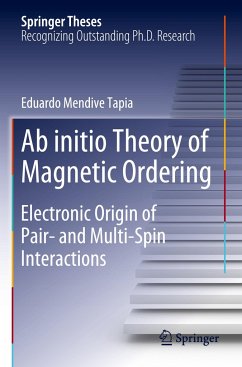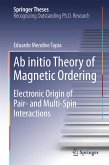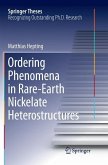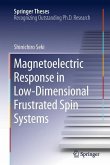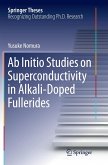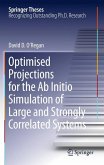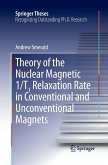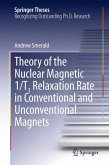Many technological applications exploit a variety of magnetic structures, or magnetic phases, to produce and optimise solid-state functionality. However, most research advances are restricted to a reduced number of phases owing to computational and resource constraints. This thesis presents an ab-initio theory to efficiently describe complex magnetic phases and their temperature-dependent properties.
The central assumption is that magnetic phases evolve slowly compared with the underlying electronic structure from which they emerge. By describing how the electronic structure adapts to the type and extent of magnetic order, a theory able to describe multi-spin correlations and their effect on the magnetism at finite temperature is obtained.
It is shown that multi-spin correlations are behind the temperature and magnetic field dependence of the diverse magnetism in the heavy rare earth elements. Magnetically frustrated Mn-based materials and the effect of strain are also investigated. These studies demonstrate that the performance of solid-state refrigeration can be enhanced by multi-spin effects.
The central assumption is that magnetic phases evolve slowly compared with the underlying electronic structure from which they emerge. By describing how the electronic structure adapts to the type and extent of magnetic order, a theory able to describe multi-spin correlations and their effect on the magnetism at finite temperature is obtained.
It is shown that multi-spin correlations are behind the temperature and magnetic field dependence of the diverse magnetism in the heavy rare earth elements. Magnetically frustrated Mn-based materials and the effect of strain are also investigated. These studies demonstrate that the performance of solid-state refrigeration can be enhanced by multi-spin effects.

